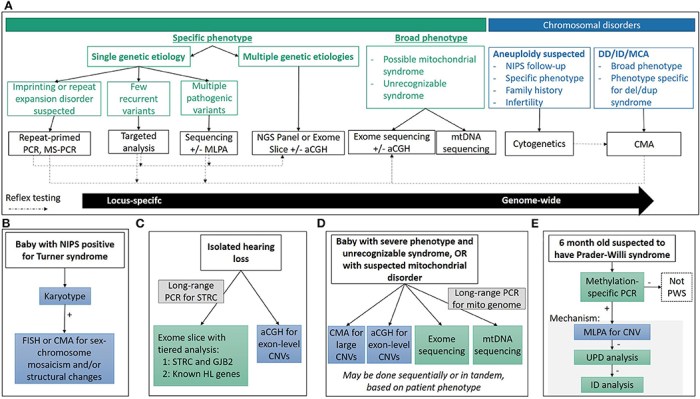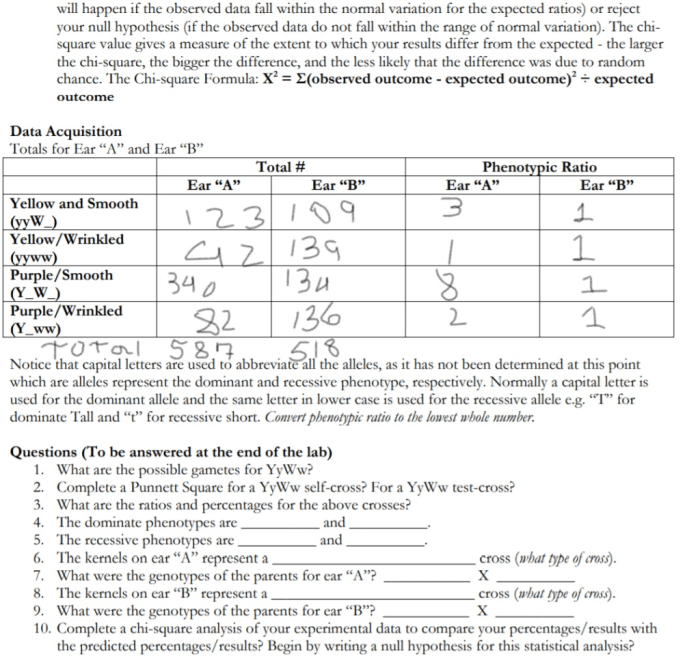Molecular and chromosomal genetics lab answers provide invaluable insights into the intricate world of genetics, enabling us to unravel the mysteries of genetic disorders and advance our understanding of human health. This comprehensive guide delves into the techniques, applications, and ethical implications of molecular and chromosomal genetics, empowering readers with the knowledge to navigate the complexities of genetic testing and counseling.
From the principles of molecular cytogenetics to the mechanisms of gene expression, this guide explores the cutting-edge advancements that are transforming our understanding of genetics. It unravels the ethical considerations surrounding genetic testing and counseling, highlighting the importance of informed consent, privacy, and non-discrimination.
1. Techniques and Applications of Molecular and Chromosomal Genetics

Molecular and chromosomal genetics play a crucial role in comprehending the genetic basis of disorders. Molecular techniques like polymerase chain reaction (PCR), DNA sequencing, and karyotyping aid in genetic testing. Chromosomal analysis helps diagnose genetic abnormalities such as Down and Turner syndromes.
Molecular Cytogenetics
Molecular cytogenetics utilizes techniques like FISH (fluorescence in situ hybridization) and CGH (comparative genomic hybridization) to identify chromosomal rearrangements and copy number variations. It aids in diagnosing cancer and other genetic disorders.
Gene Expression and Regulation, Molecular and chromosomal genetics lab answers
Gene expression involves transcription, translation, and post-translational modifications. Regulatory elements, including promoters and enhancers, control gene expression. Techniques like microarrays and RNA sequencing are used to study gene expression.
Genetic Counseling and Ethical Implications
Genetic counselors provide information and support to individuals and families affected by genetic disorders. Ethical considerations in genetic testing include privacy, informed consent, and discrimination, impacting individuals, families, and society.
Current Advancements and Future Directions
Next-generation sequencing and CRISPR-Cas technology are revolutionizing molecular and chromosomal genetics, enhancing our understanding of genetic disorders and leading to novel therapies. Future research directions include personalized medicine and gene editing.
FAQ Section: Molecular And Chromosomal Genetics Lab Answers
What are the benefits of molecular and chromosomal genetic testing?
Molecular and chromosomal genetic testing can provide valuable information about an individual’s genetic makeup, including identifying genetic disorders, assessing risks for developing certain diseases, and guiding personalized treatment plans.
How accurate are molecular and chromosomal genetic tests?
The accuracy of molecular and chromosomal genetic tests varies depending on the specific test and the condition being tested for. However, these tests are generally highly accurate and can provide reliable information about an individual’s genetic health.
What are the ethical considerations surrounding molecular and chromosomal genetic testing?
Molecular and chromosomal genetic testing raises important ethical considerations, including issues of privacy, informed consent, and potential discrimination. It is essential to ensure that genetic testing is conducted in a responsible and ethical manner, with the full understanding and consent of the individuals involved.


